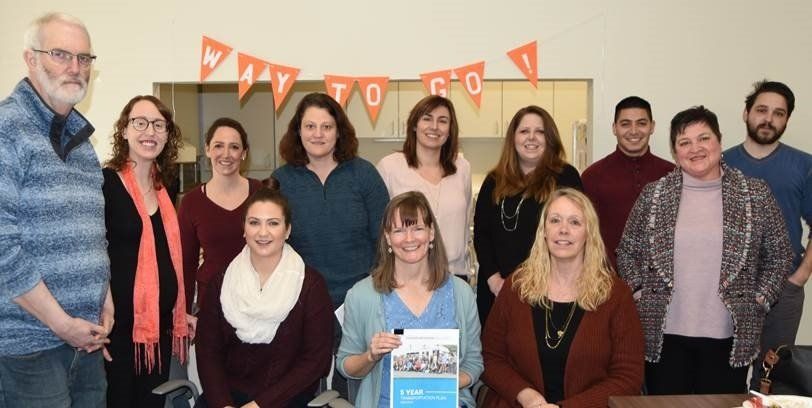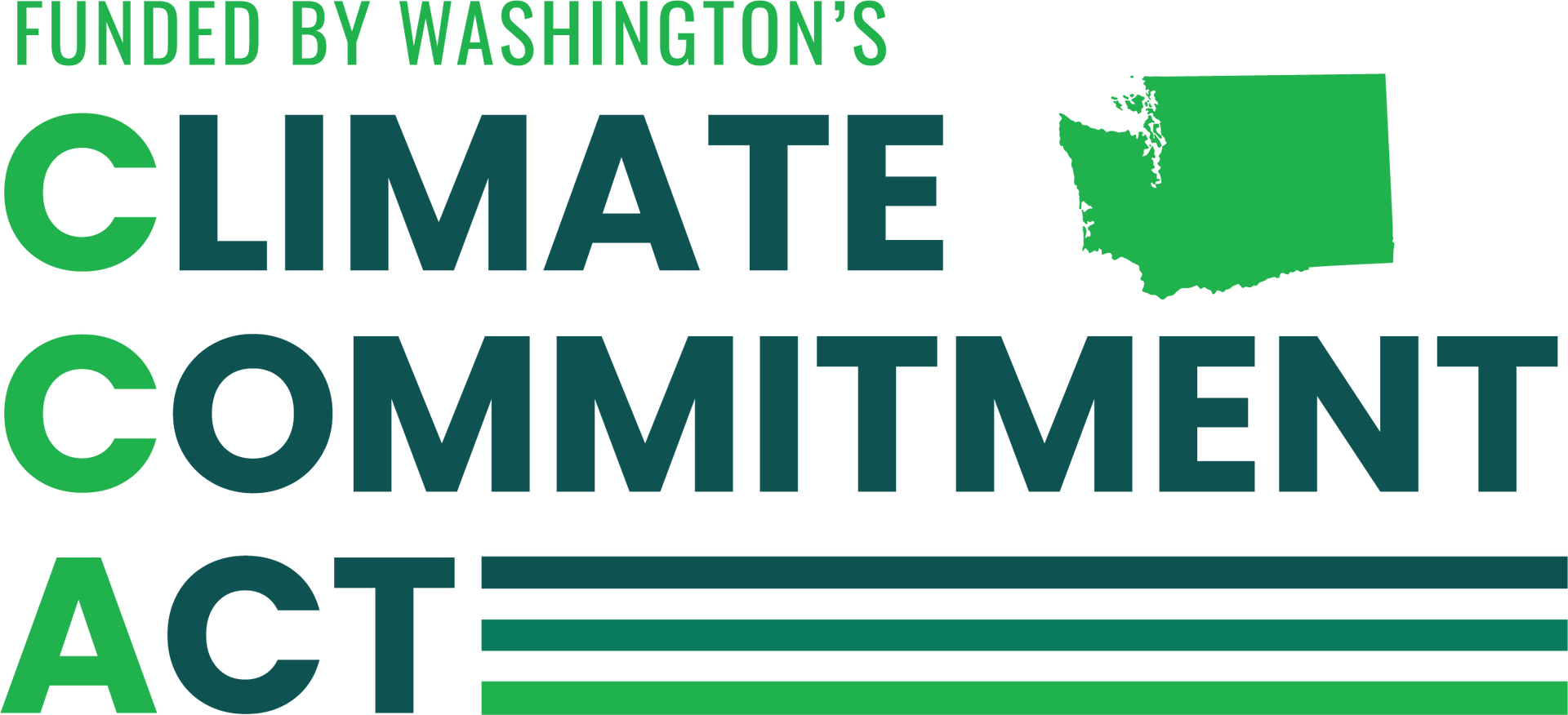Snoqualmie Valley
Mobility Coalition
About SVMC
Access to transportation is vital, particularly in rural areas, where the lack of independent mobility may significantly impact people's lives, determining whether they are isolated or actively involved in the community. Having transportation options enables individuals to schedule doctor’s appointments, attend school, maintain jobs, and spend quality time with family and friends. Mobility issues often include a lack of vehicle access, inadequate infrastructure, long distances, lengthy travel times, transportation costs, and policies that hinder travel and progress.
In 2017, the Snoqualmie Valley Mobility Coalition (SVMC) was established through collaboration with advocates and local cities throughout the Valley, including healthcare providers, human services organizations, government agencies, non-profits, and transit end-users. The Coalition's main goal was to enhance the regional transportation network in the Snoqualmie Valley by providing safe, reliable, equitable, affordable, and accessible transportation options for all.
Mission
The Snoqualmie Valley Mobility Coalition believes affordable, accessible, and collaborative transportation is a necessity for life and is dedicated to connecting communities to improve transportation for all of Snoqualmie Valley.
Goals
- Advocate for changes to develop more effective transportation networks.
- Educate the community about current travel options.
- Assess community needs.
- Create new travel tools to bridge current transportation gaps and work towards building future opportunities.
Meetings
Join the Snoqualmie Valley Mobility Coalition, a diverse community of regional stakeholders, including local officials, government agencies, transit providers, businesses, non-profits, and community services. The Coalition meets bi-monthly, on the second Friday of the month, from 10:30 AM to noon. Additional events and meetings are scheduled as necessary.
Upcoming Snoqualmie Valley Meetings and Events:
SVMC Projects and Resources
2023-2024 Week Without Driving Challenge
The "Week Without Driving" campaign was organized by SVMC in partnership with Snoqualmie Valley Transportation (SVT). SVT and SVMC invited local officials and leaders to experience the difficulties faced by non-drivers as they were driven along various valley bus routes, giving them insight into the experiences and barriers of many riders. The campaign facilitated discussions around transportation planning, amplifying the voices of rural residents to advocate for equitable and accessible transportation options. The Week Without Driving encouraged community engagement, promoted sustainable transportation, and urged local governments to prioritize transportation planning and investment.
The Rural Transportation Assistance Program Grant
Advocacy #101 Curriculum
The RTAP comprehensive and practical guide is designed to empower transportation partners and advocates with the knowledge and skills to support local transportation planning, documentation of how and when transportation planning occurs, and where priorities are connected to program design and outcomes. Modules may include content to explain all aspects of transportation, including transit planning, how various agencies create routing, funding streams, legislative priorities, and how the various Metropolitan Planning Organizations and Rural Transportation Planning Organizations establish plans and priorities. This training will support Snoqualmie Valley in becoming a unified voice and ensuring geographical equity by providing tools to broaden our base of rural transportation champions throughout all sectors, such as community members, human service providers, & government agencies.
2021 Coordinated Awareness Project
The Snoqualmie Valley Mobility Coalition collaborated with various cities, towns, and organizations in the Snoqualmie Valley to launch the Coordinated Awareness campaign. The initiative aimed to inform residents, employees, and visitors about the different transportation options available throughout the valley. While public transportation is available, the services may not be easily recognizable due to smaller vehicles, such as shuttles, vans, and personal cars. Additionally, there is a widespread misconception these modes of transportation are only for riders with specific needs. To address these concerns, the project developed tailored content for the six jurisdictions within the coalition. The information was shared through informative flyers in utility bill mailings, flyers displayed at community gathering centers, and social media posts created for different platforms.
City Resolutions
The SVMC Task Force created a resolution recommending that cities in the valley prioritize transportation and mobility needs. The Snoqualmie Valley needs to establish clear and unified goals regarding transportation and mobility as policies and codes are updated and drafted annually. Every day, each person uses a mode of mobility, whether it's walking, driving, cycling, using transportation services, or other means. Mobility is essential for health, success, and a fulfilling life. The resolution was designed to ensure that transportation and mobility needs are considered in the decision-making, planning, and execution of city work and projects. North Bend, Carnation, and Duvall have accepted the resolution.
2020-2024 Snoqualmie Valley Transportation Plan:
Analyzing transportation needs, identifying gaps, and prioritizing community needs and requirements for Valley cities.
Duvall–Monroe Shuttle Pilot Program
The Snoqualmie Valley Mobility Coalition initiated a year-long pilot cross-county project - the Duvall-Monroe Shuttle. The pilot ran from August 1, 2018 - July 31, 2019, on weekdays and offered a deviated fixed-route service, traveling from Duvall and circulating through Monroe every 90-minutes before returning to Monroe. In the first three months of service, the route served 282 riders. The Shuttle crossed between King and Snohomish Counties, transporting riders to social services, healthcare, food, education, and jobs. In addition to connecting the two cities, the bus circulates through Monroe, with stops at medical facilities, the local Senior Center, grocery stores, food banks, and other destinations. Before this shuttle, public transit took 4 - 9 hours between the two cities, including four routes and three bus companies, costing about $10 in fares. Riders walked more than ¼ of a mile. This new service reduced the trip to approximately 20 minutes for a $1 suggested donation. After one year of service, the creators of this bus route received the WSDOT Wall of Fame Award for innovation and breaking down barriers in rural transportation. The route was halted during the pandemic and restarted in 2024 with support from Snoqualmie Valley Transportation, King County Metro, and the City of Monroe.









